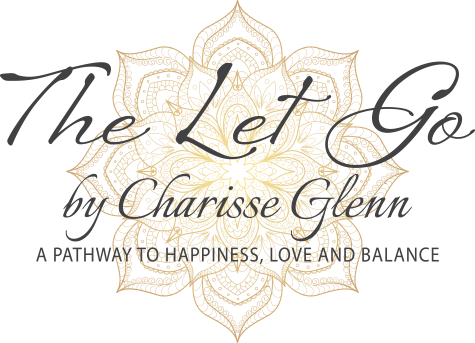Some of us think holding on makes us strong;
but sometimes it is letting go
~ Hermann Hesse
Have you ever looked in a closet so crammed with clothes that you can’t find anything? As you sort through, you see outdated garments that may no longer fit or are torn and worn beyond repair. And even though you know, you’ll never wear them again.
Or how about your garage, filled with boxes you haven’t opened in years with stuff from lifetimes ago? At one time, the items were relevant, a favorite object, or maybe it was sentimental. For other things, you can’t remember where they came from, but instead of tossing them out, you packed them away to reminisce with later. Now, these objects have invaded the space so much there is no room for the car.
Each scenario is analogous to the beliefs and ideas we have acquired as we have grown. Although we have hundreds, maybe thousands, of beliefs, some benefit our growth, and some are not.
Our judgments, fears, prejudices, and attitudes are a compilation of the ideas imposed upon us as we develop into thinking adults. They came from family, teachers, peers, culture, society, and religion. But just because someone told us they were true does not mean they are. We were good students, and we learned well. Yet, if what we were taught is no longer resonating in our now #staywoke views, it is time to challenge those teachings. The good news is that whatever we have learned can be unlearned.
The current state of the world is compelling us to reevaluate our perceptions of society, and many of us are questioning our outlooks. #Staywoke is fortuitous. Our eyes are opening for the first time to social injustice, and we are observing life from a new perspective. Opening our eyes is opening our minds.
We are discovering that some things we were taught are no longer relevant to the current social climate or our evolution as spiritual beings.
Letting go of old ways of thinking is the pathway to change. But letting go is hard, right? Okay, I buy that if that’s your choice. How we view things, whether they are easy or difficult, is within our control. It takes a mindset adjustment.
When I taught people to ride horses, I would instruct them to release the reins and to let go of the pressure on the horses’ mouths. With clenched fists, holding on for dear life, they would ask, but how do I do that? I would respond, open your hands.
A relaxed muscle is responsive; contrast, a tight muscle is not. Our brain is a muscle. When we have a closed mind, we are restricting new input. A relaxed mind becomes a receptive mind.
To have a receptive mind, we must let go of the baggage and clutter holding us hostage to old and outdated thoughts. We begin by letting go of the idea that change is difficult or impossible.
If your life is perfect, congratulations, change nothing. I know mine is not. Daily, I work on letting go of attitudes and mindsets that no longer serve who I am. It takes effort to free ourselves from what has been a part of who we are. Those beliefs are not written in stone; they are not permanent.
Once we understand that change is possible, we can adjust our idea of the difficulty, opening other possibilities to serve better who we are now. With the teeniest of mindset adjustments, changing how we view difficulty is the step to understanding. We can choose how to intake information. We can perceive anything as easy or hard, empty or full, possible or impossible.
To let go means we have more, not less. When we let go of judgment, we gain acceptance; letting go of anger, we have composure; letting go of hate, we gain love. Letting go allows more room to bring in the things that fit us now, decluttering space to be filled with less of what no longer benefits our lives and more of what brings us joy.
“Being content with less, creates space in the heart for more love.”
―






Beth
Yes to this. As a retired midwife, this resonates, and what I teach my students. It is a tough concept for Americans who often subscribe to “whoever dies with the most wins.” Reminds me a of a great Walt Whitman quote: “Tone your wants and tastes low down enough, and make much of negatives, and of mere daylight and the skies.
charisse
What a lovely quote Beth. I love the sentiment that less is more. And although I don’t like to generalize culturally, America was built on the premise of bigger, better, more, so whoever dies with the most toys wins feeds into that mindset completely. How wonderful to be a birth doula
! a gift to be sure!